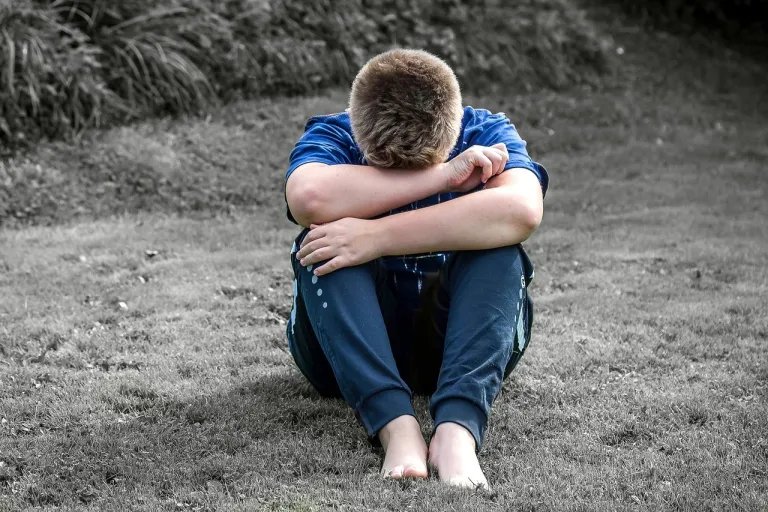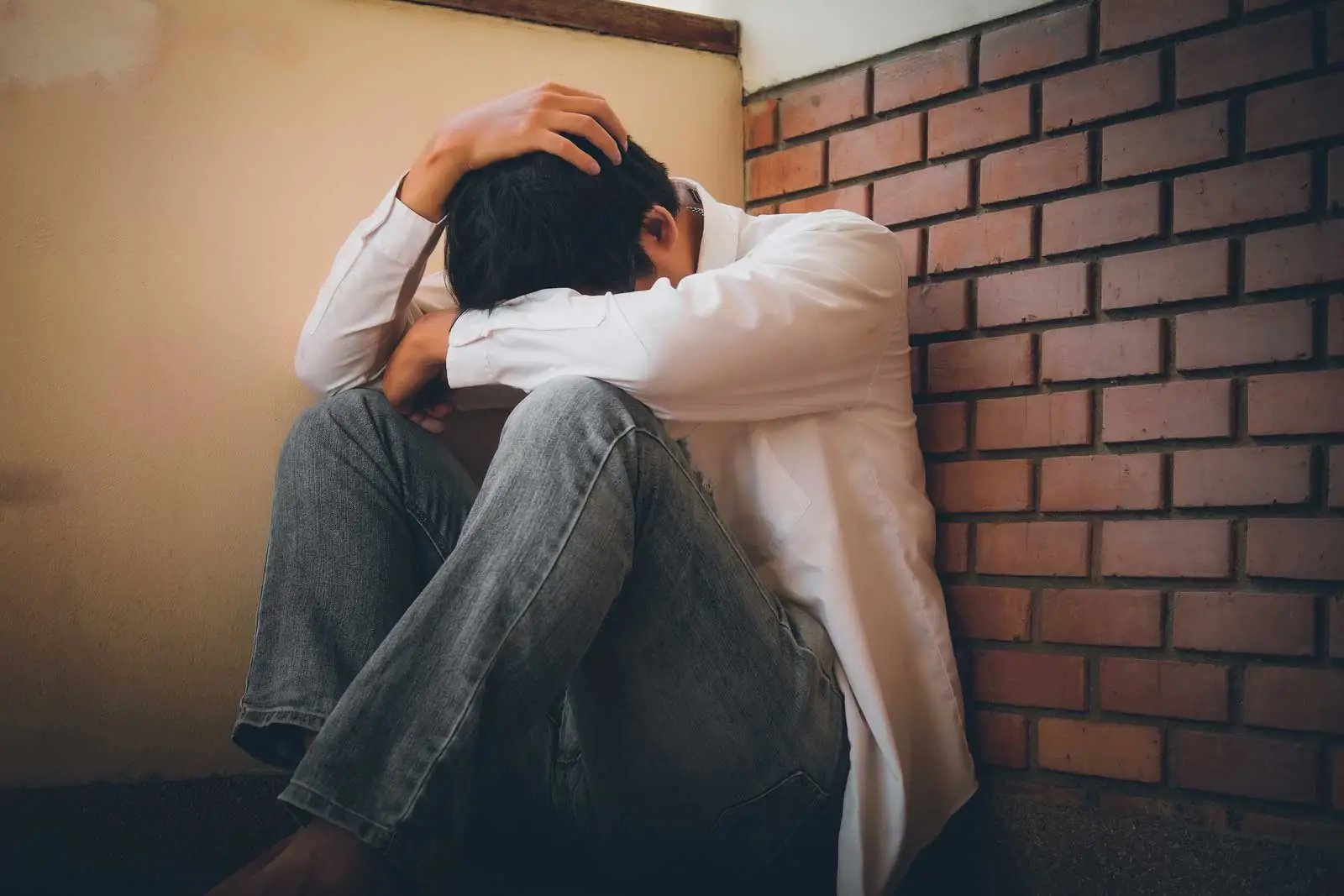
Teens & Adolescents
Therapy for Teens & Adolescents in Boulder County
Adolescence can be a time of exciting changes and great leaps in independence and autonomy, however, it can also be a challenging time for both teenagers and their families. I assist families in navigating these changes. I can help your teenager manage the many challenges presented to them and assist them in learning how to make good decisions for a successful transition into young adulthood.
Anxiety/school phobias
Mood disorders/depression
Self-mutilation “cutting”
Stress management/coping techniques
Social issues/peer pressure
Anger management
ADHD
Abuse
Family
Bullying
“Monica helped me through a really tough time in my life for about 2+ years. I felt completely comfortable and honest with her. Each time I left a session, I would feel so much better than the time before. I would recommend to anyone who is looking for counseling.”

“The cosmos is within us. We are made of star stuff. We are a way for the universe to know itself.”
-Carl Sagan
Recognizing the Signs of Anxiety and Depression in Teens
The teen years can be filled with growth and discovery, but they can also bring emotional challenges. It's normal for teens to experience ups and downs, but persistent changes n mood, behavior, or functioning may be signs of something deeper. Anxiety and depression are among the most common mental health struggles facing teens today—and they often go unnoticed until a crisis arises.
As a therapist working with teens in Boulder and surrounding areas, I aim to support both adolescents and their families in identifying and addressing these concerns before they become overwhelming.
Common Signs of Anxiety in Teens
Teen anxiety can manifest in various ways, often disguised as irritability, perfectionism, or avoidance. Signs may include:
Excessive worry about school, friendships, or the future
Difficulty concentrating or restlessness
Sleep disturbances (insomnia or sleeping too much)
Physical symptoms like headaches, stomachaches, or muscle tension
Avoiding social situations or previously enjoyed activities
Panic attacks or intense episodes of fear
“I felt like I had a constant and safe place. You not only helped me make sense of my brain, but also of my family, friends, and often times the world. The guidance I’ve had from you was a huge reason that I’ve been able to take risks, challenge myself, and feel confident doing so.”
Common Signs of Depression in Teens
Depression in teens can look different than it does in adults. It may not always present as sadness but instead show up in other ways:
Persistent low mood, irritability, or anger
Withdrawal from family and friends
Loss of interest in hobbies or activities
Drop in academic performance or skipping school
Fatigue, low energy, or sluggishness
Feelings of worthlessness, hopelessness, or guilt
Changes in eating or sleeping patterns
If your teen is expressing hopelessness or talking about feeling like a burden, these could be red flags that shouldn’t be ignored.
When to Seek Help
Many teens will go through emotional rough patches, but if symptoms persist for more than two weeks or begin to interfere with daily life, it’s time to reach out for support. Therapy can provide a safe, nonjudgmental space for teens to express themselves and learn healthy coping strategies.
Parents often share with me how relieved they feel once their teen has someone to talk to—someone outside the family who is trained to help them process complex emotions.
“Monica has a wonderful warmth about her & was able to connect quickly with my teen daughters as we reached out for her services. She is an amazing resource for kids/teens that are hurting that need a neutral & safe professional to communicate with to work thorough their stressors. Monica genuinely cares about her clients & I highly recommend her services.”

Tips for Talking With Your Children
Certainly, we knew there’d come the time for the “big talk,” but who knew we’d be struggling with how to talk to our children about drugs and AIDS and gay relationships, guns and violence at school, and kids who kill other kids.
Our world has grown more complex and the media, including the Internet, has swung wide the doors to information and misinformation. Talking with our children about difficult and often disturbing issues has never been more critical.
Following are some tips that may help.
1. It’s never too soon to start. Kids are hearing about issues at an earlier age.
2. Don’t wait for them to ask. Just because they haven’t asked about something doesn’t mean they don’t want or need information.
3. Tackle subjects even if you’re uncomfortable. Set aside your own feelings and initiate dialogue.
4. Be open and encouraging. Create an environment in which any question can be asked at any time.
5. Be clear about your values. Children want and need moral guidelines from their parents.
6. Don’t just talk, listen. You’ll get information about how to approach an issue while building your child’s self-esteem.
7. Be straightforward and honest. You don’t have to give all the details, but you do need to be honest.
8. Take time, be patient. Unlike lunch, digesting new information can take time.
9. Don’t wait for the “right time.” Be ready when opportunities arise. Daily life presents many openings for even a short dialogue.
10. Keep talking. Information given in small doses over a period of time is the best way to have that “big talk.”
Read more about parenting
Seeking Help & Support
If you or someone you know is engaging in self-harm, it is essential to seek help immediately. Therapy can provide valuable tools for recovery, including:
Developing healthier coping strategies
Identifying and managing triggers
Participating in behavioral therapy
Professional intervention offers teens a safe space to explore their emotions and work through the challenges contributing to self-harm. Compassionate, expert guidance can make a significant difference in breaking the cycle and fostering long-term emotional well-being.
At Rocky Mountain Counseling Services, I am committed to supporting teens on their journey toward healing. Contact me today to learn more about our therapeutic programs and how we can help.


































